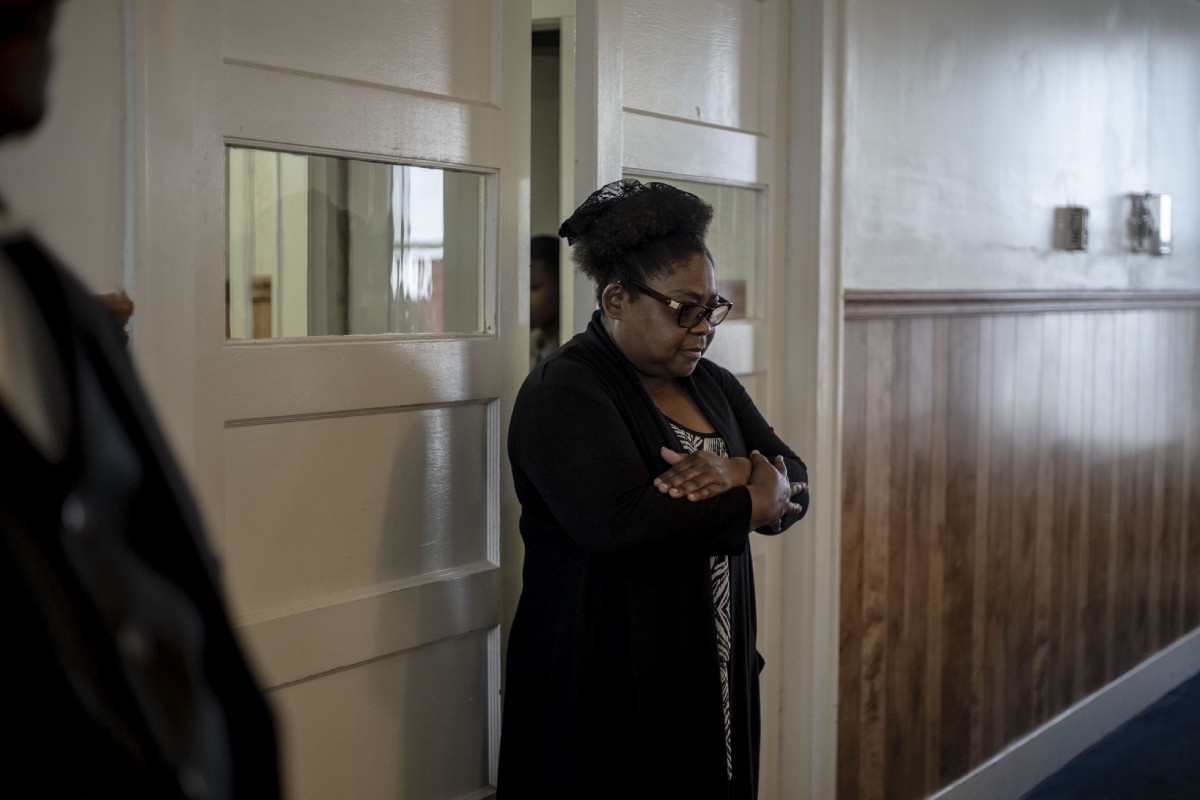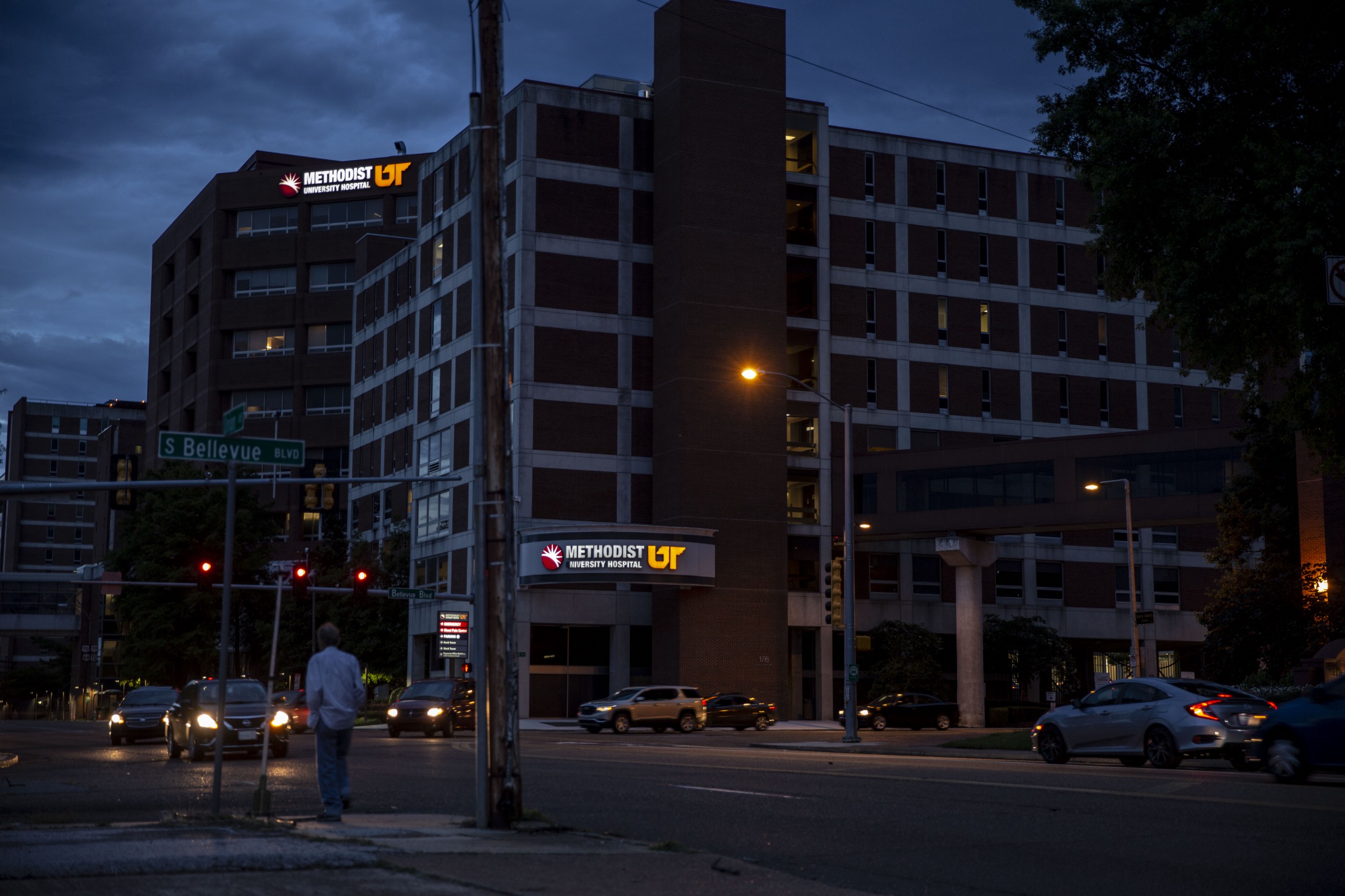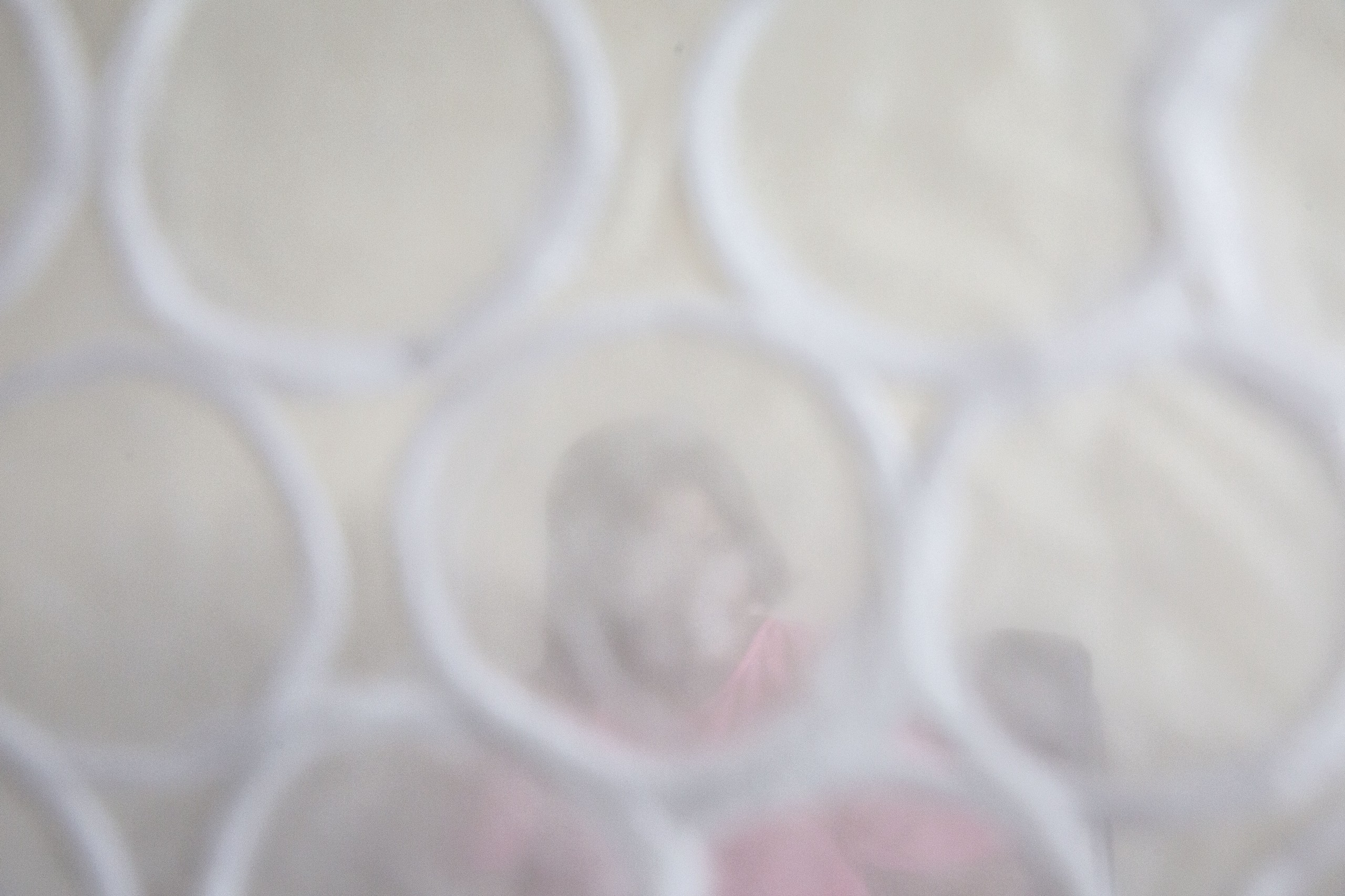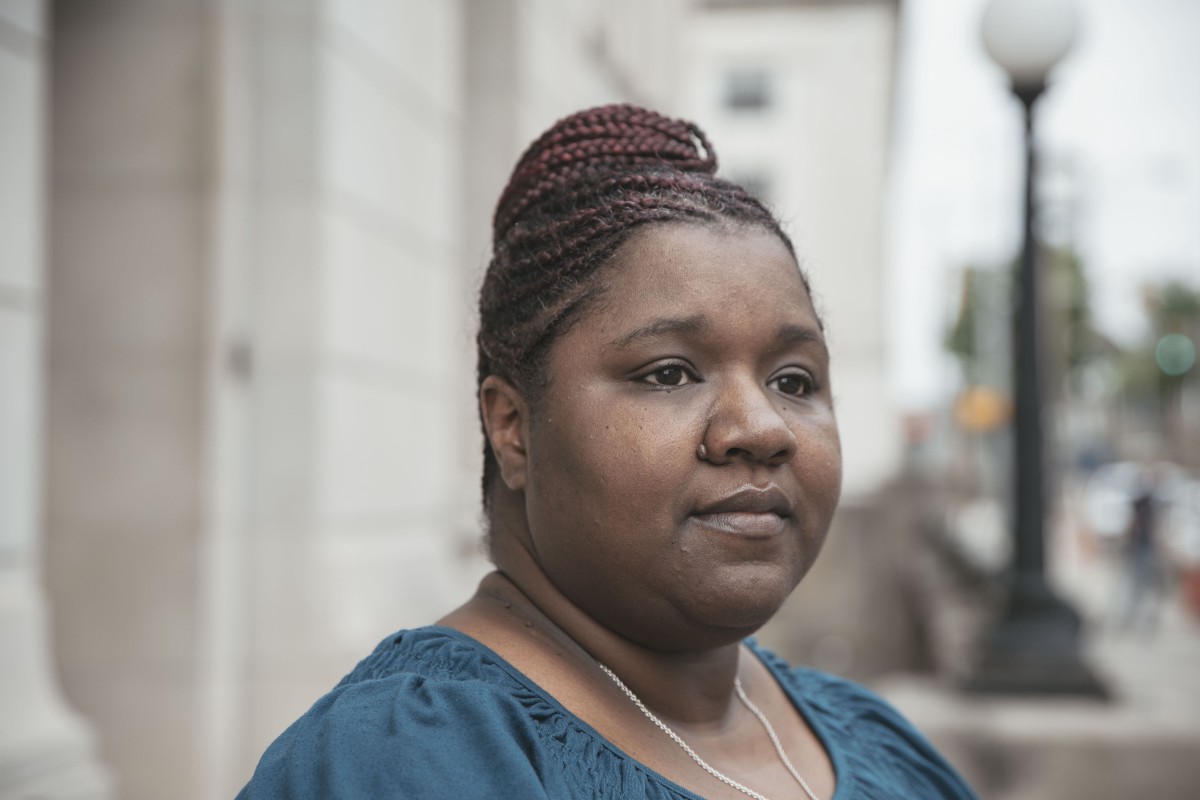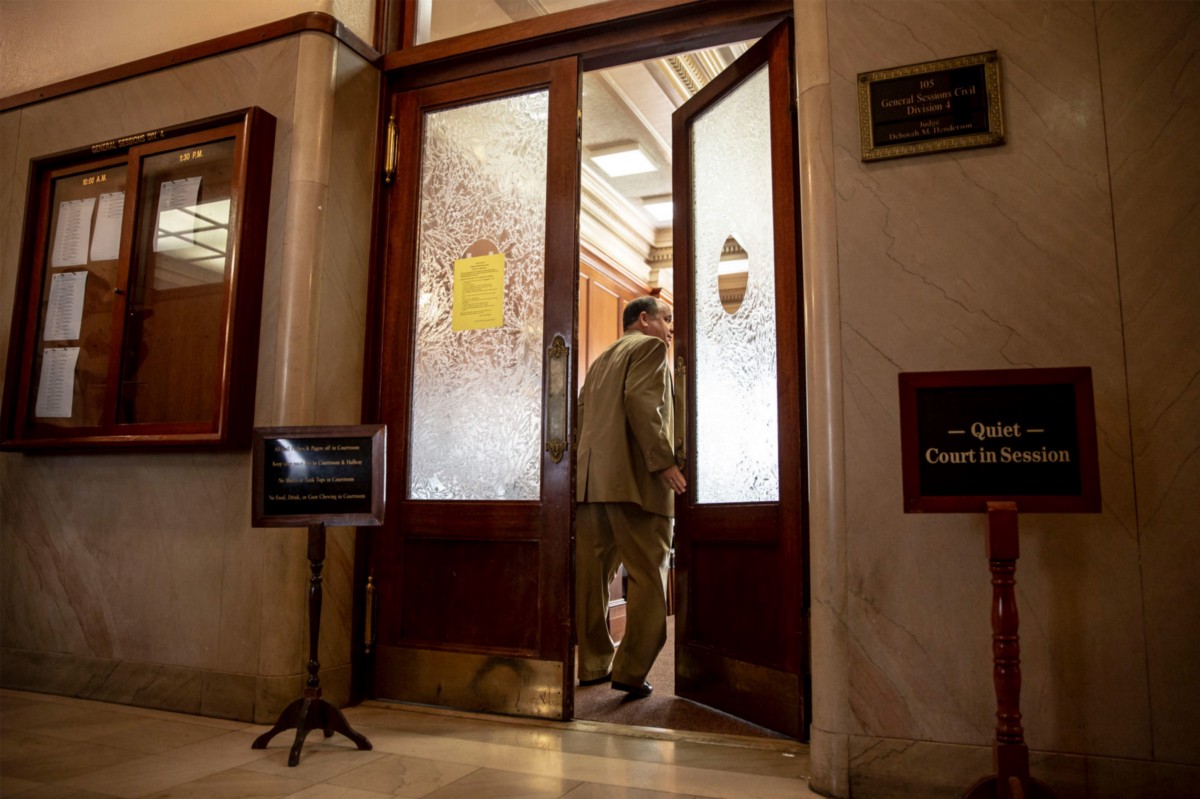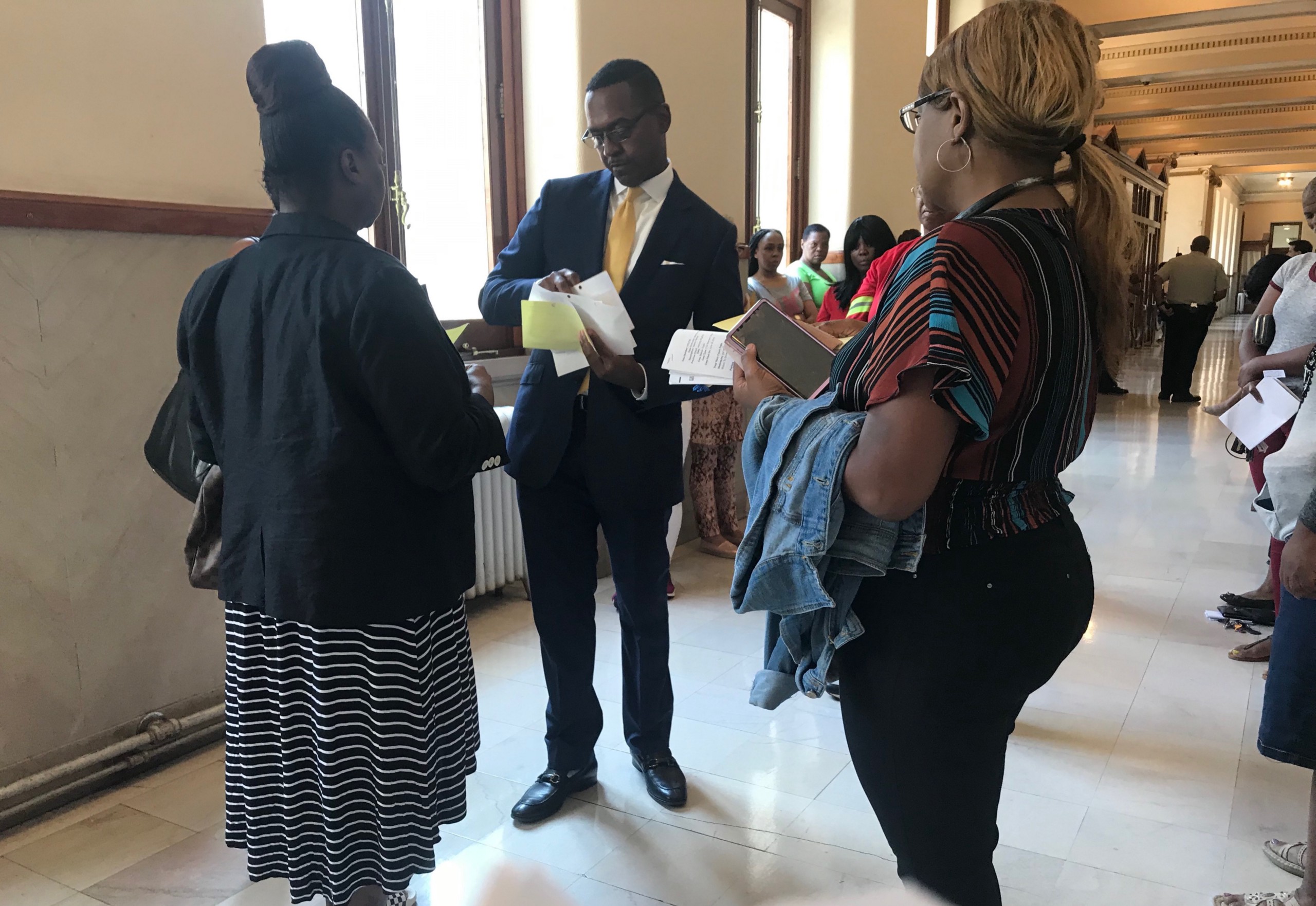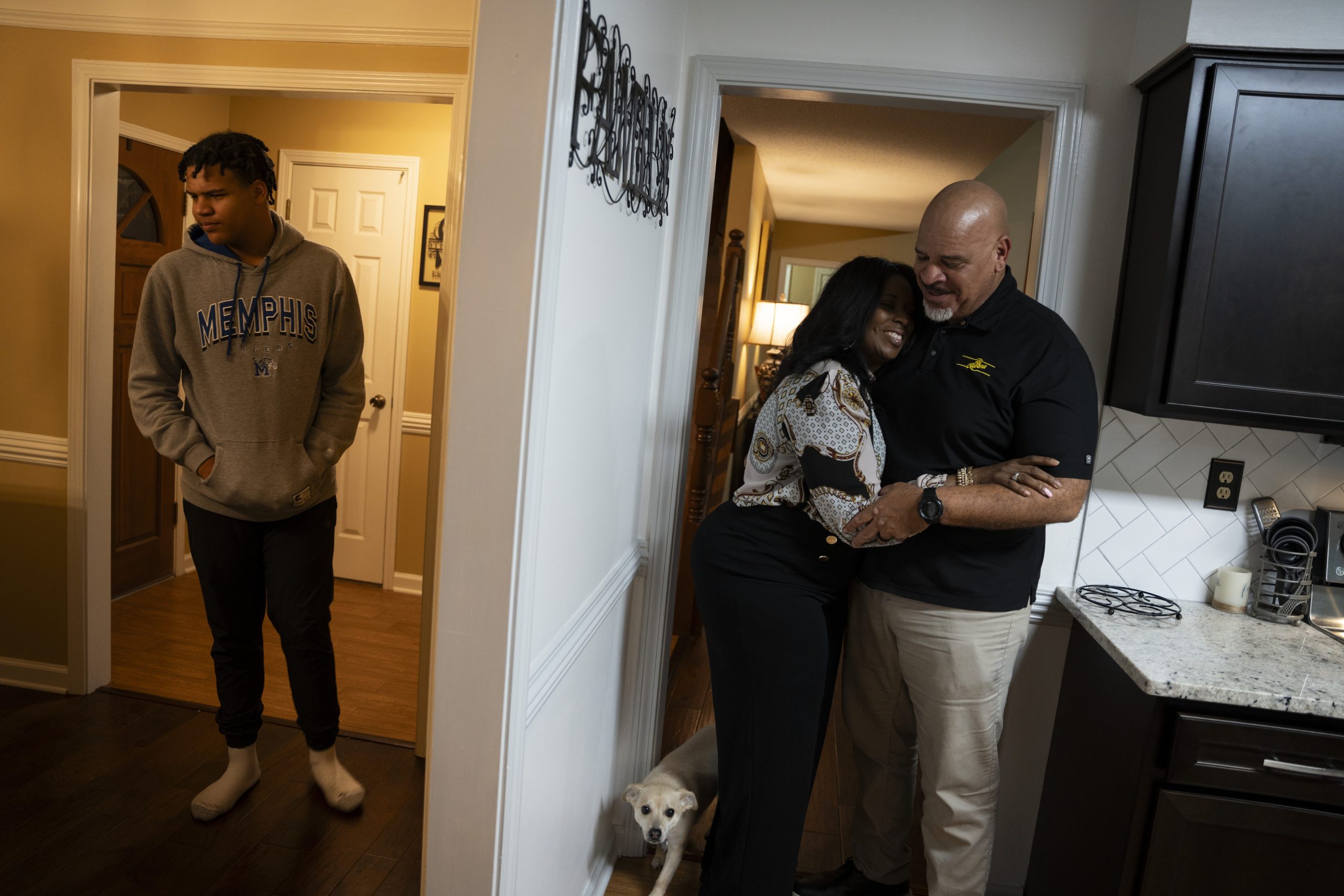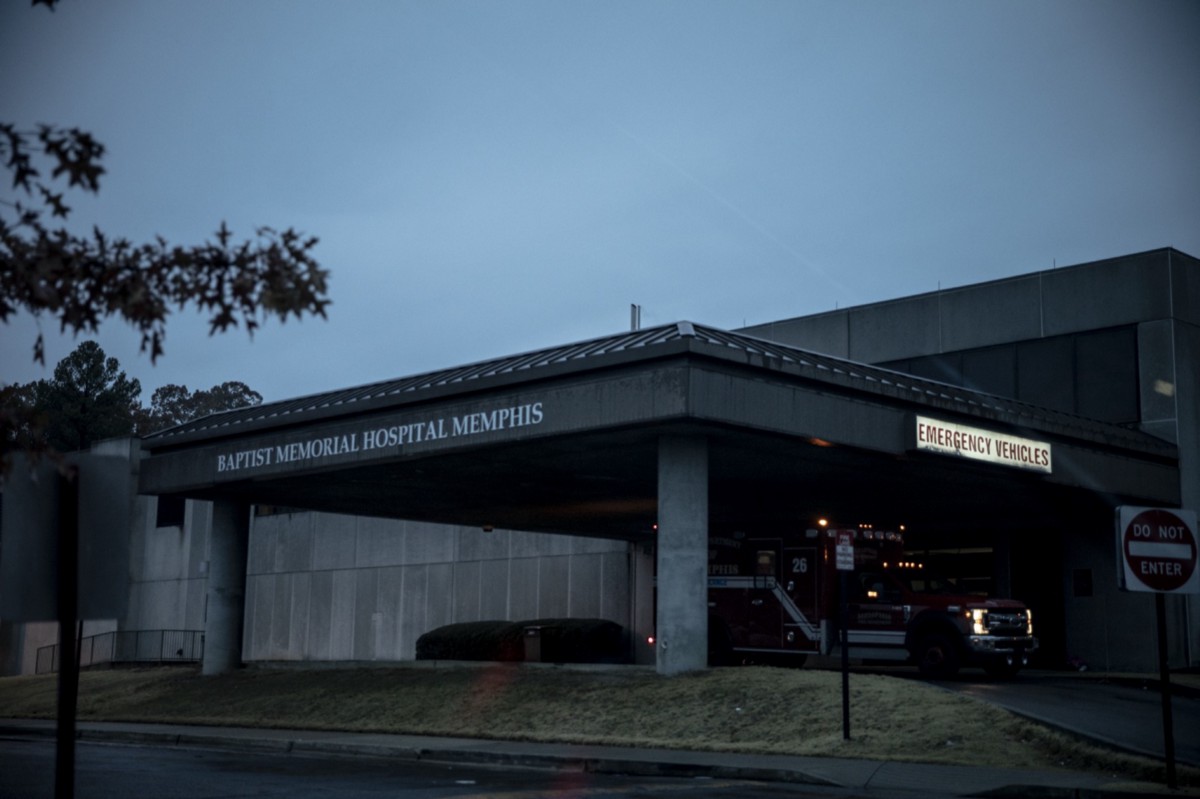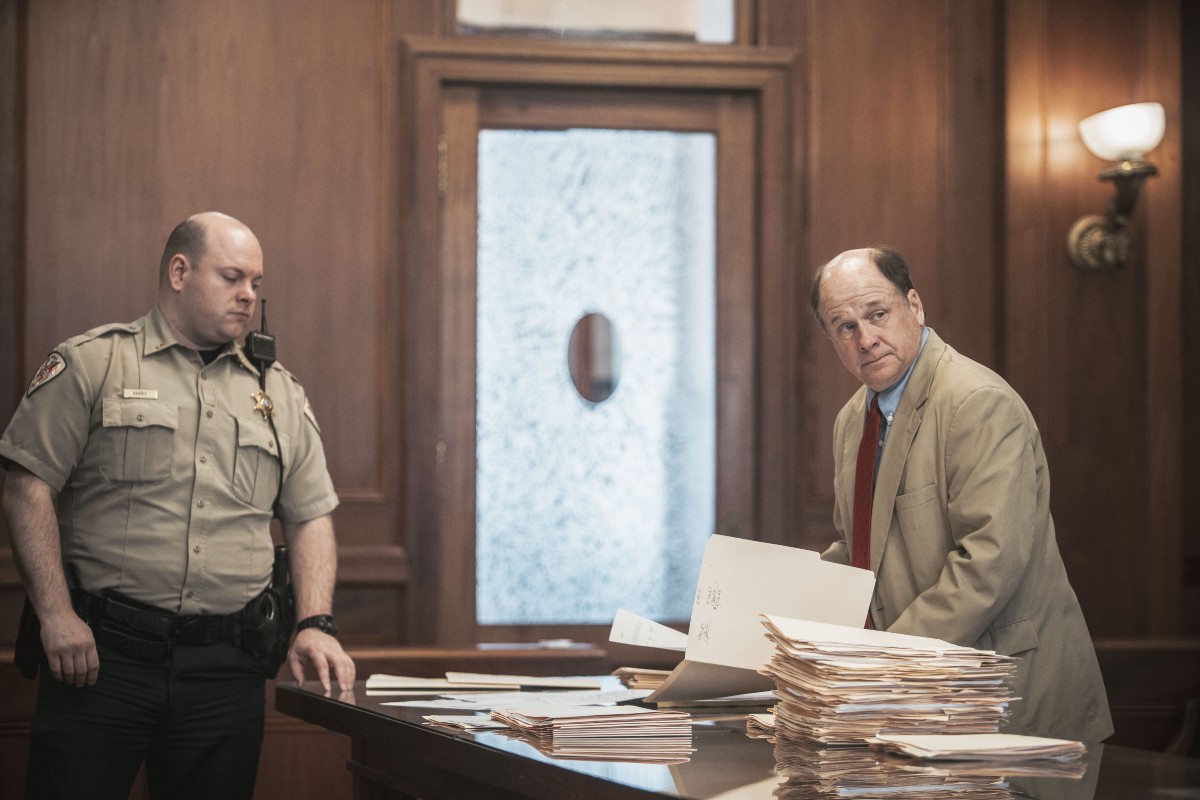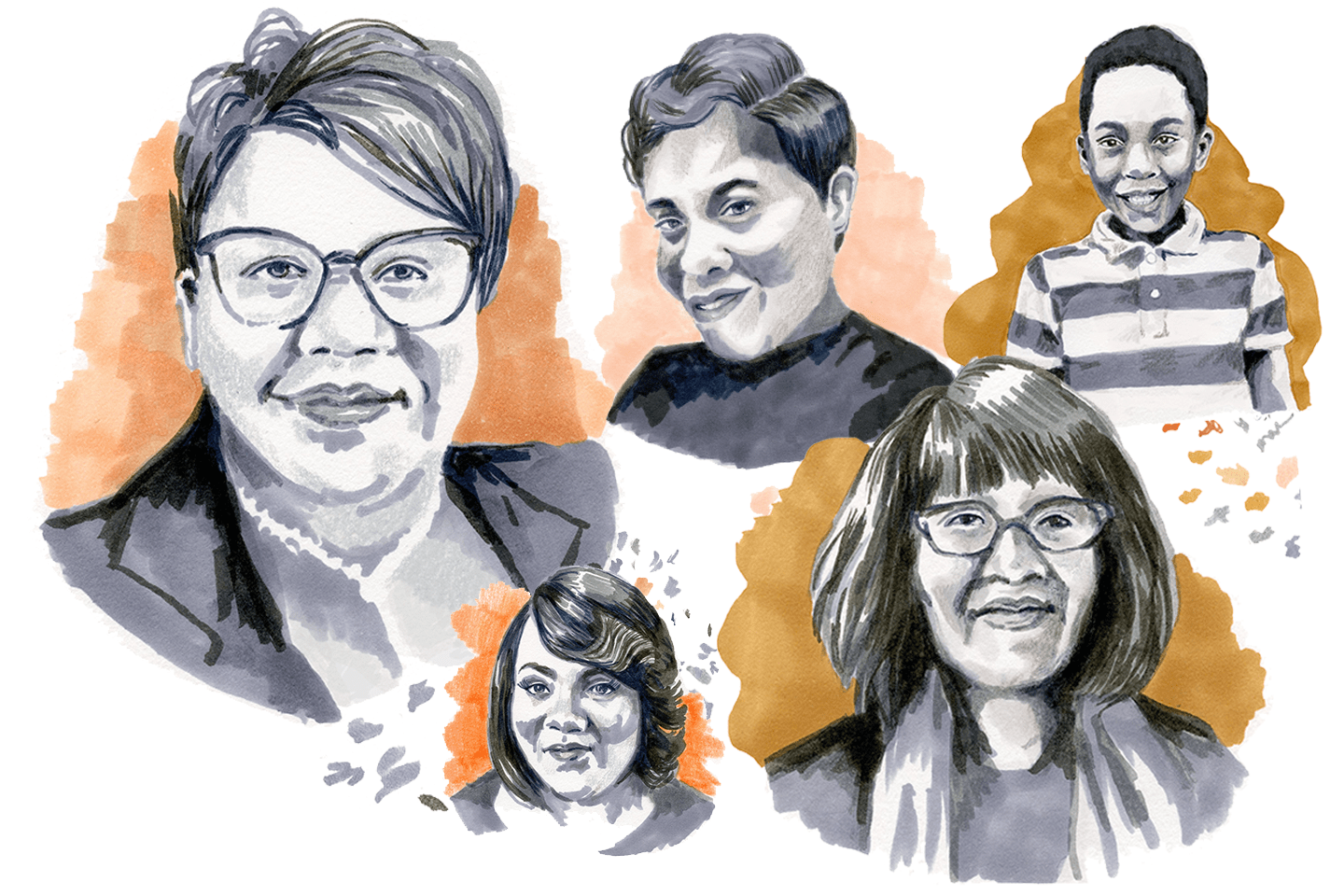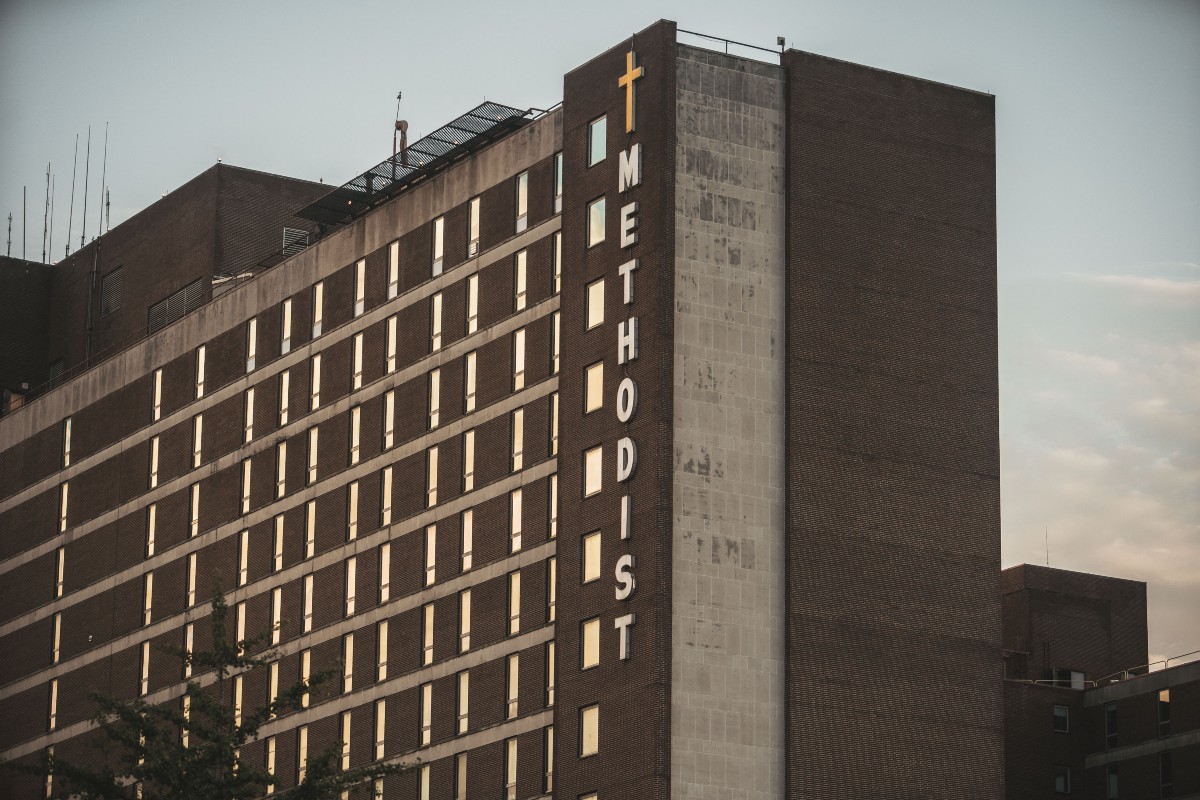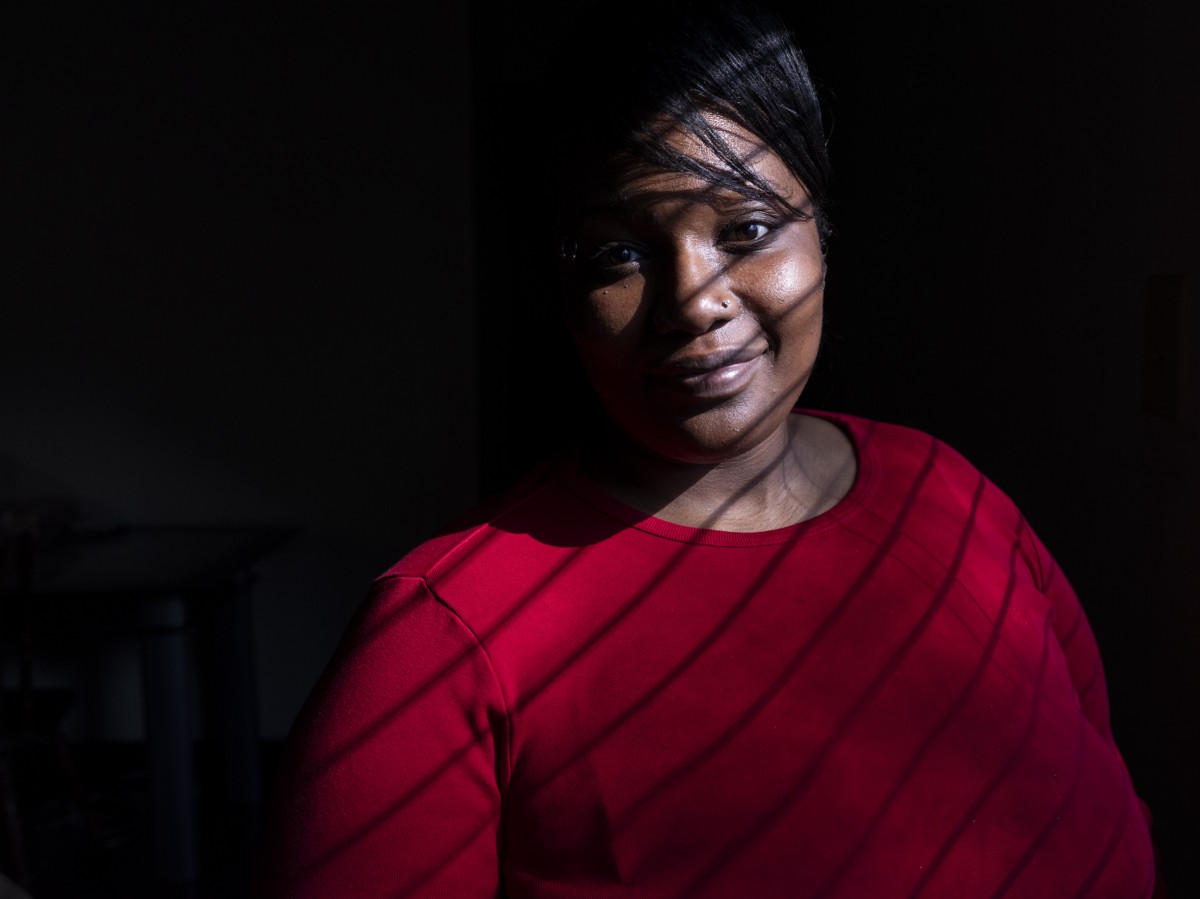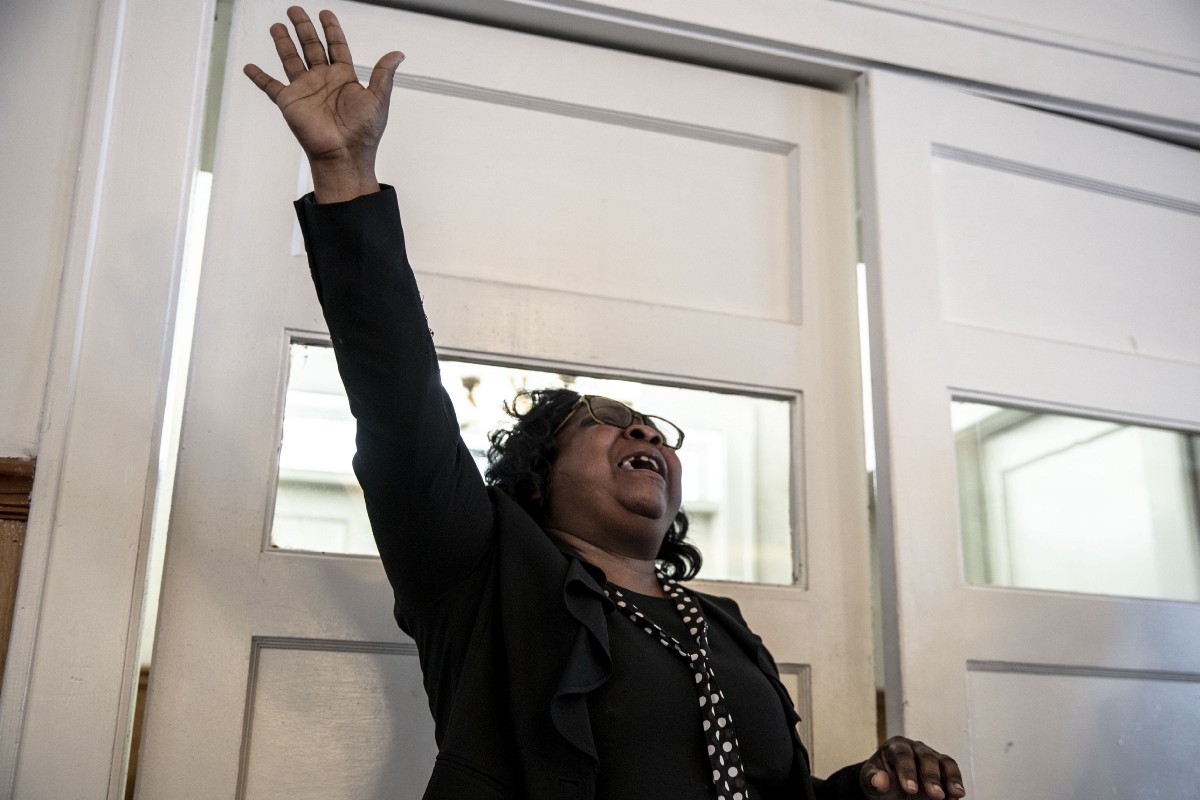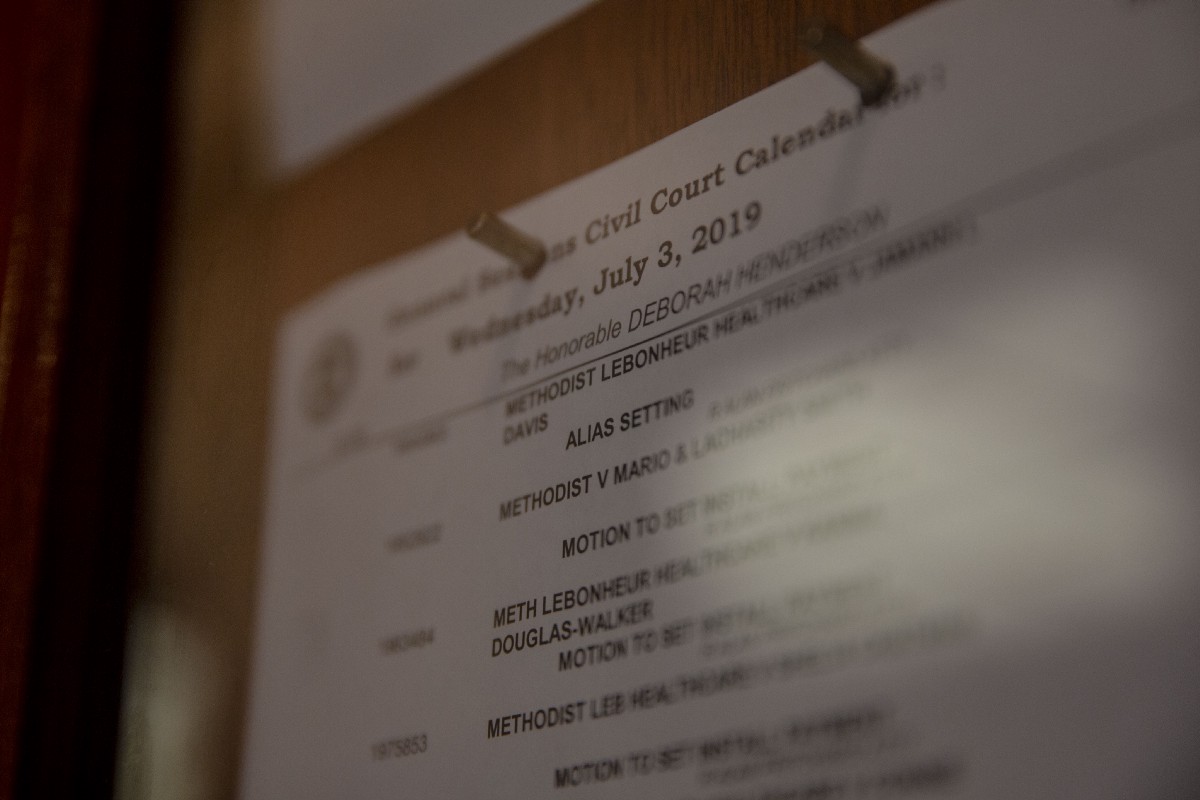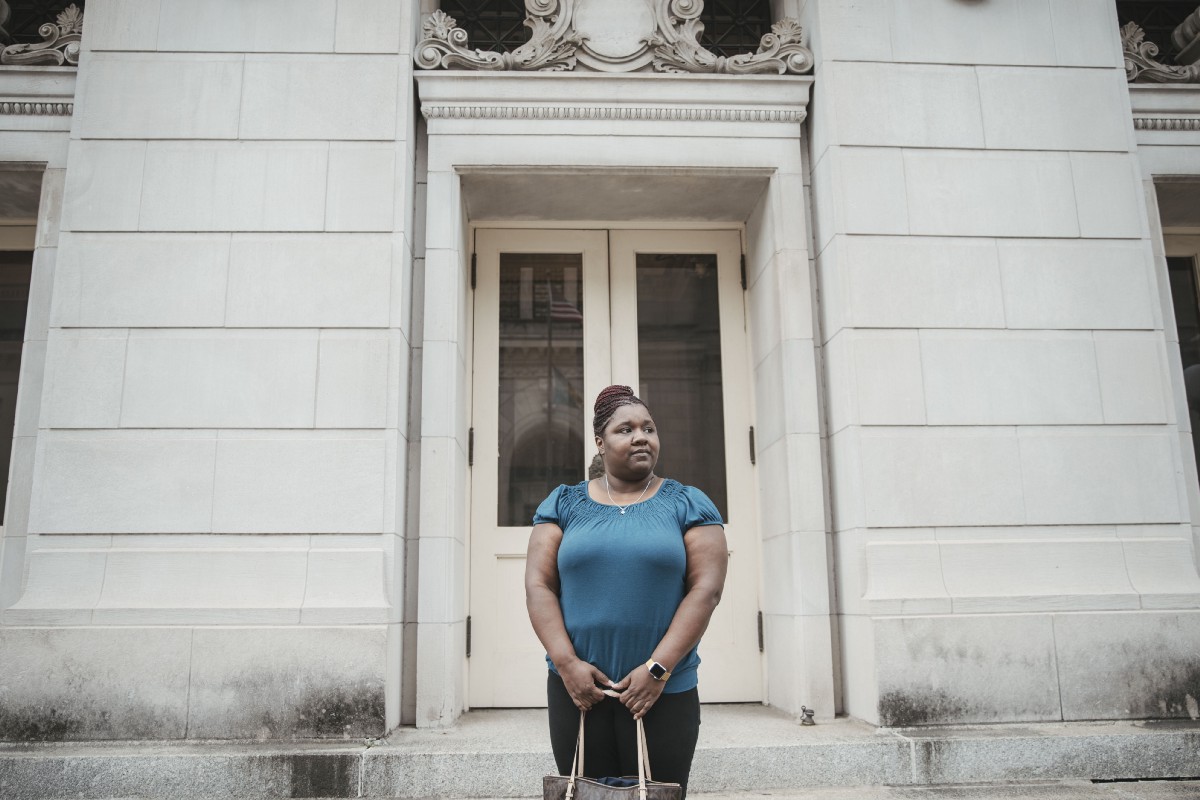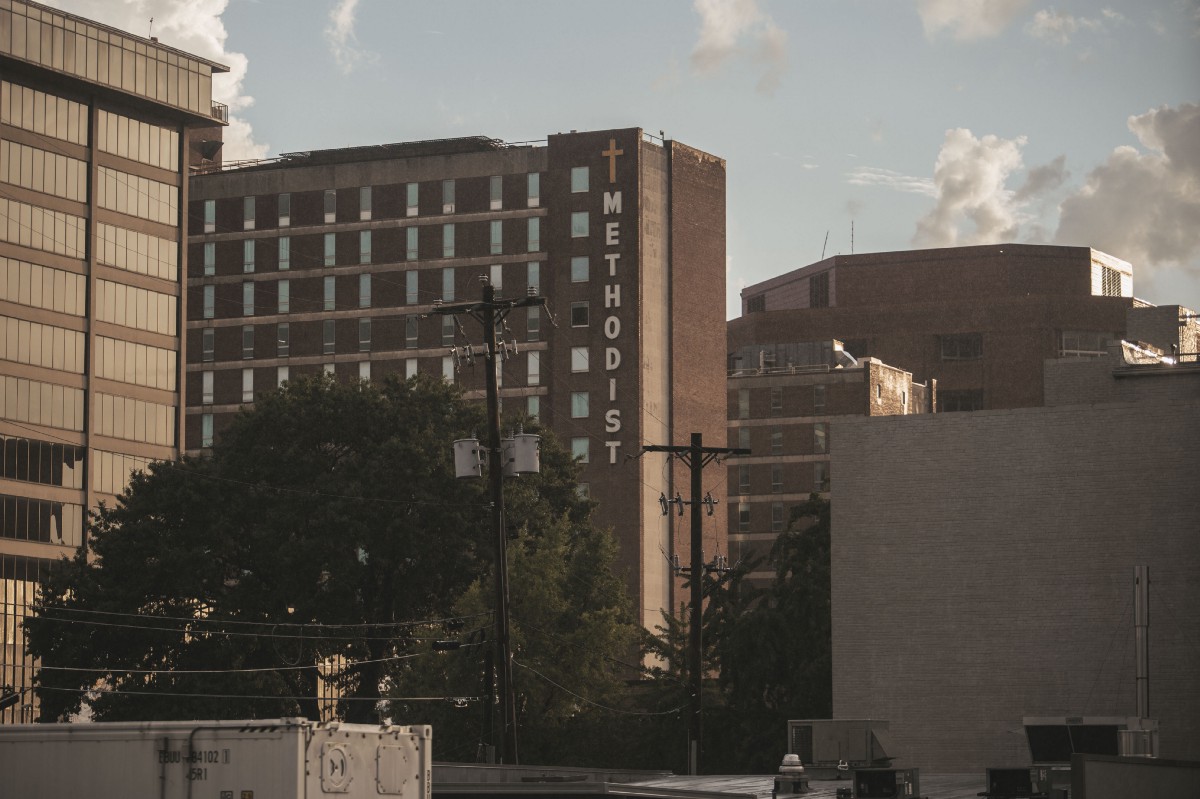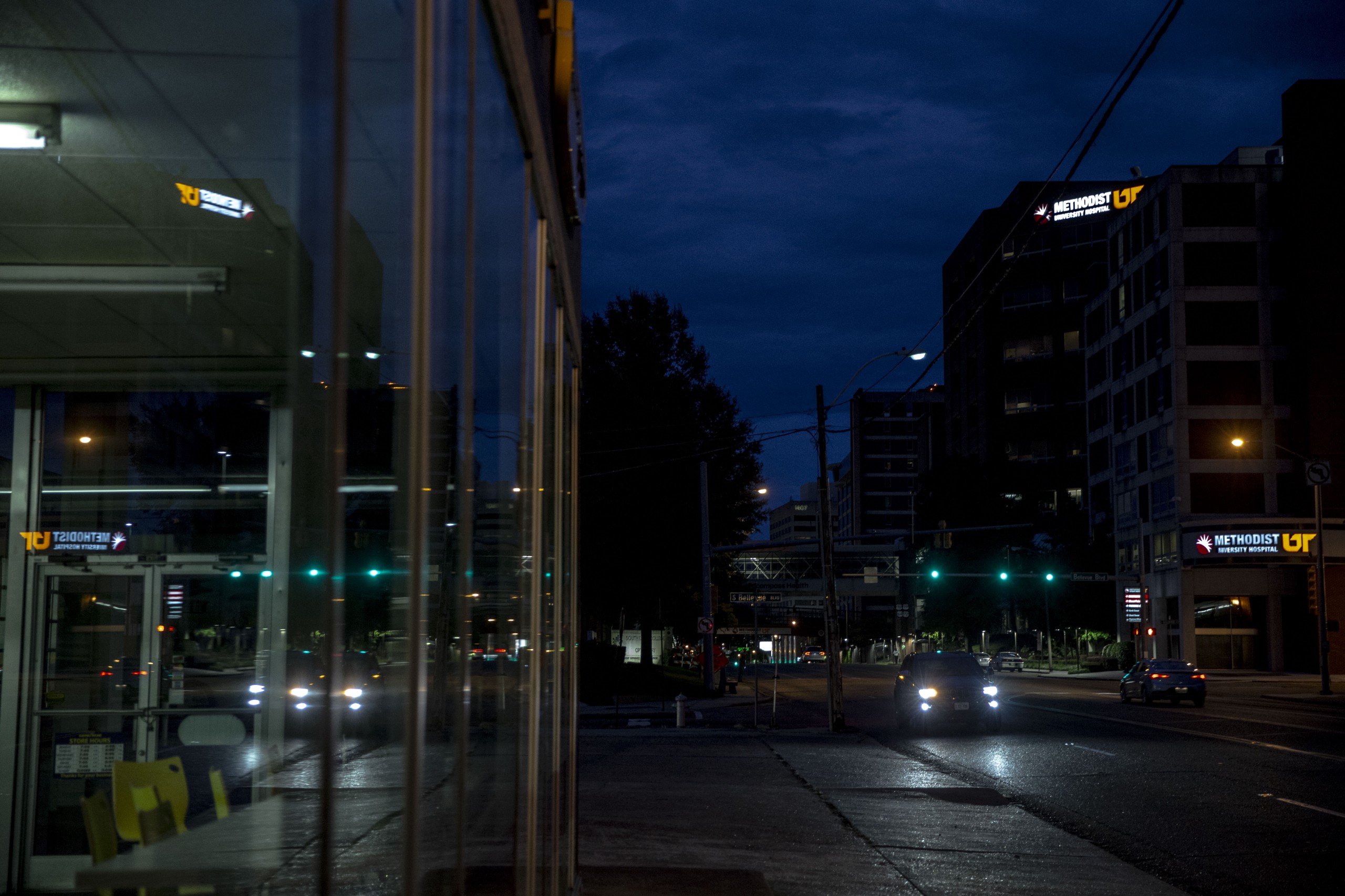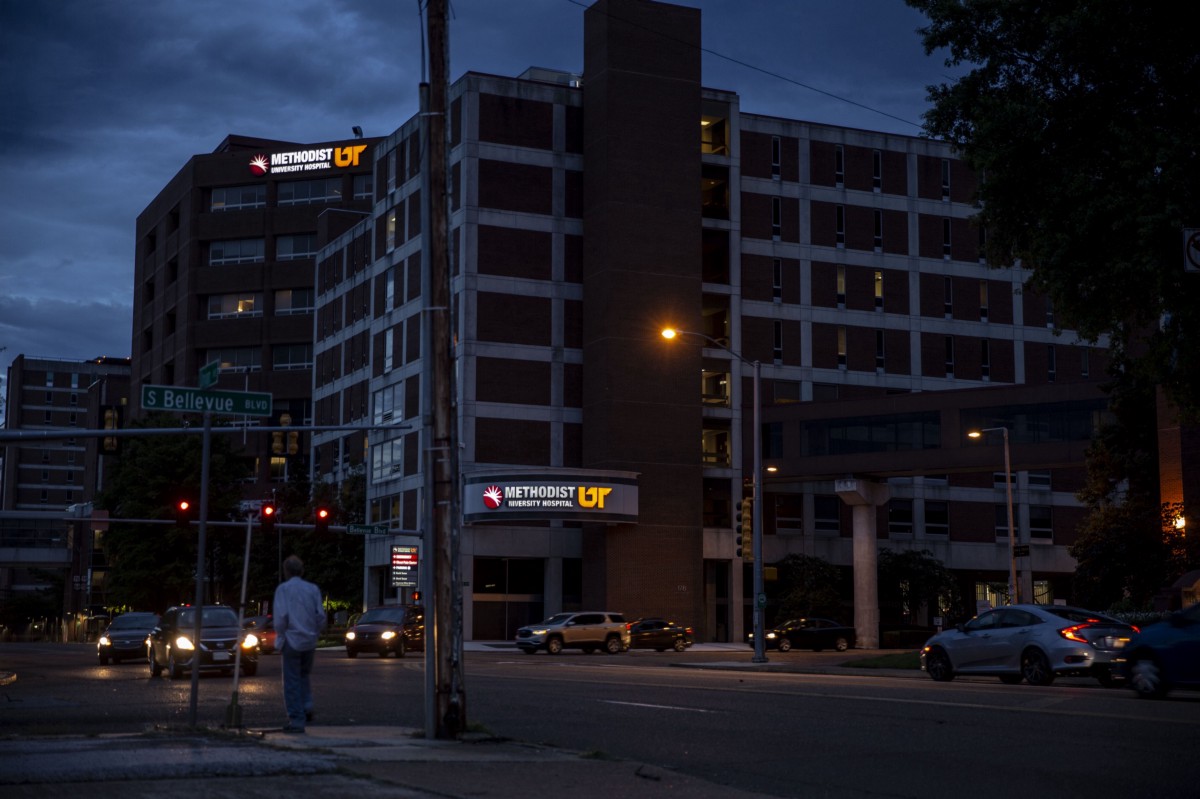Profiting from the Poor: Methodist Le Bonheur Healthcare and Debt Collection
Methodist Le Bonheur Healthcare sued more than 8,300 people – many of them low-income – over a five-year period for hospital bills they could not afford to pay. In 2019, MLK50: Justice Through Journalism, working with ProPublica, documented how the nonprofit’s rapacious debt collection system threw already financially precarious lives into disarray.
Methodist’s aggressive practices, which included garnishing wages of its patients – some of whom were hospital employees – stood out in a city where nearly 1 in 4 residents live below the poverty line.
The beginning
For months, reporter Wendi C. Thomas followed defendants as they faced the hospital’s own collection agency, encountering stern judges and a system that often pitted confused defendants against Methodist’s savvy legal team.
A review of five years’ worth of court records found that Methodist filed more lawsuits and won more wage garnishment orders than any other hospital system in Shelby County.
The Reaction
Memphians were horrified and outrage was swift. The hospital’s own doctors took their ire to the hospital’s board, most of whom had refused requests for an interview.
Members of the Methodist Church, with which the hospital is affiliated, were appalled. “I was raised in the Methodist Church so was shocked and disgusted when I read your articles on this,” one reader wrote. “What they were doing brought me to tears.”
Sen. Charles Grassley, chairman of the U.S. Senate Finance Committee and longtime critic of nonprofit hospitals that abuse their tax-exempt status, sent a letter to Methodist asking it to explain why it sued poor patients and how it would implement the
reforms promised.
The Impact
As criticism mounted against Methodist Le Bonheur Healthcare’s aggressive debt collection practices, the system’s CEO promised to re-evaluate its practices.
Less than five weeks post-publication, chastened hospital officials announced sweeping changes that in the end, wiped away $11.9 million in debt for more than 5,300 patients. Methodist expanded its charity care policy to encompass more than 50% of area residents and raised the pay of its lowest-paid employees to $15 an hour.
Taken together, these stories directly changed thousands of people’s lives. People struggling to pay medical bills will no longer be forced to miss work to make their court dates. They won’t have to deny a child extracurricular activities, forgo a needed pain reliever or cancel a child’s doctor’s appointment – all harrowing decisions foisted on defendants whose mistake was simply being sick while poor.

